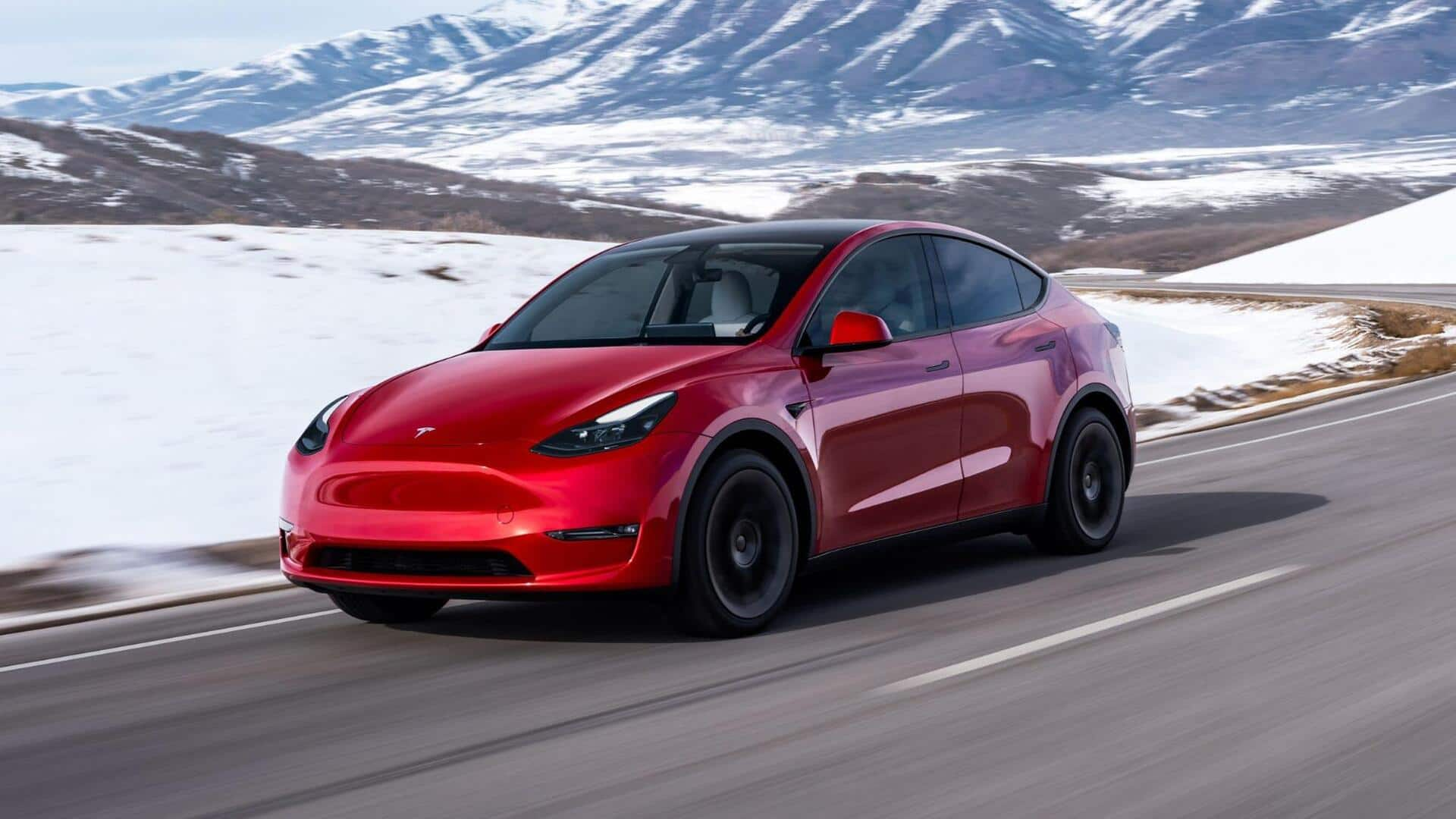
Canada to ban sales of ICE-powered vehicles from 2035
What's the story
Canada has unveiled its final Electric Vehicle Availability Standard, which aims to ban the sale of new ICE-powered cars by 2035. To achieve this goal, automakers must first meet other regulations, such as ensuring that at least 20% of their annual car sales are zero-emission vehicles (ZEVs) starting with the 2026 model year. This target will then rise to 60% by 2030, with the ultimate objective of selling only ZEVs by the mid-2030s.
Future
PHEVs allowed under the new mandate
Importantly, the Electric Vehicle Availability Standard won't completely ban combustion engines from 2035. It does promote the use of zero-emission vehicles like battery-powered electric vehicles, hydrogen-powered EVs, and plug-in hybrids that can operate on electric power alone for a certain distance. Currently, light-duty vehicles contribute to about half of Canada's transportation sector greenhouse gas emissions, which make up roughly a quarter of the nation's total emissions. With this new initiative, Canadian authorities expect to eliminate polluting light-duty vehicles by 2050.
Information
Other countries that promote an emission-free future
Apart from Canada, the European Union, which consists of 27 countries, has banned the sales of ICE vehicles by 2035. Although the UK is not part of the EU, it supports the same timeline. Similarly, Norway, Israel, and Singapore are also setting aggressive electrification targets.